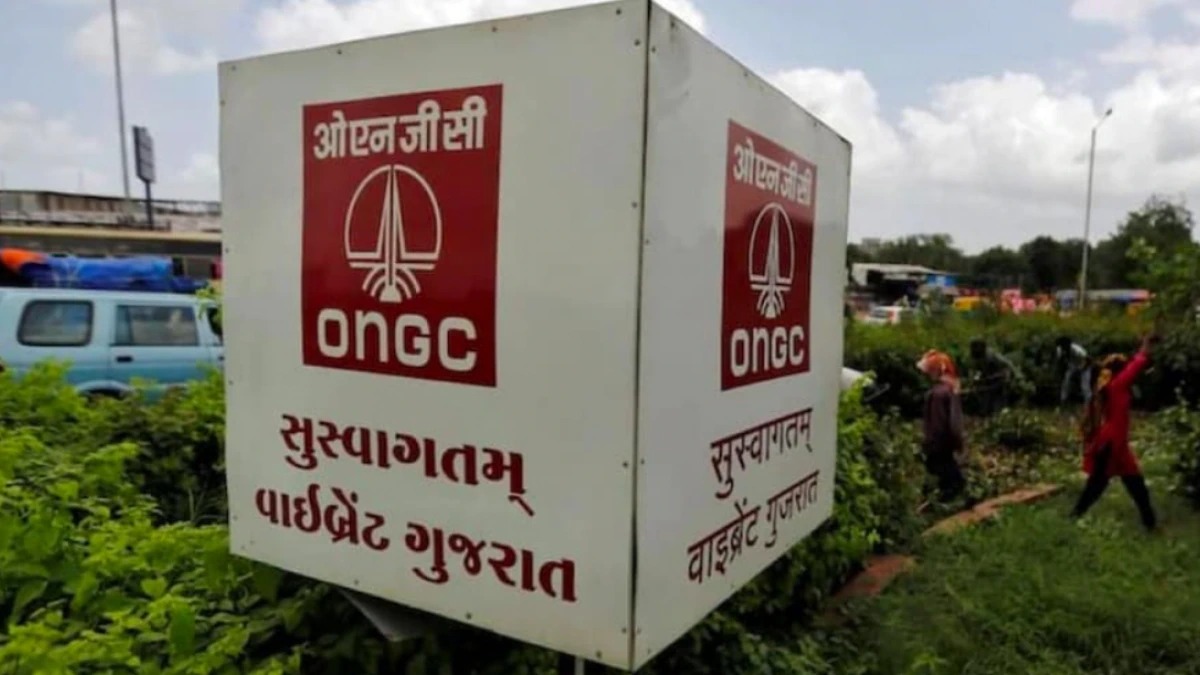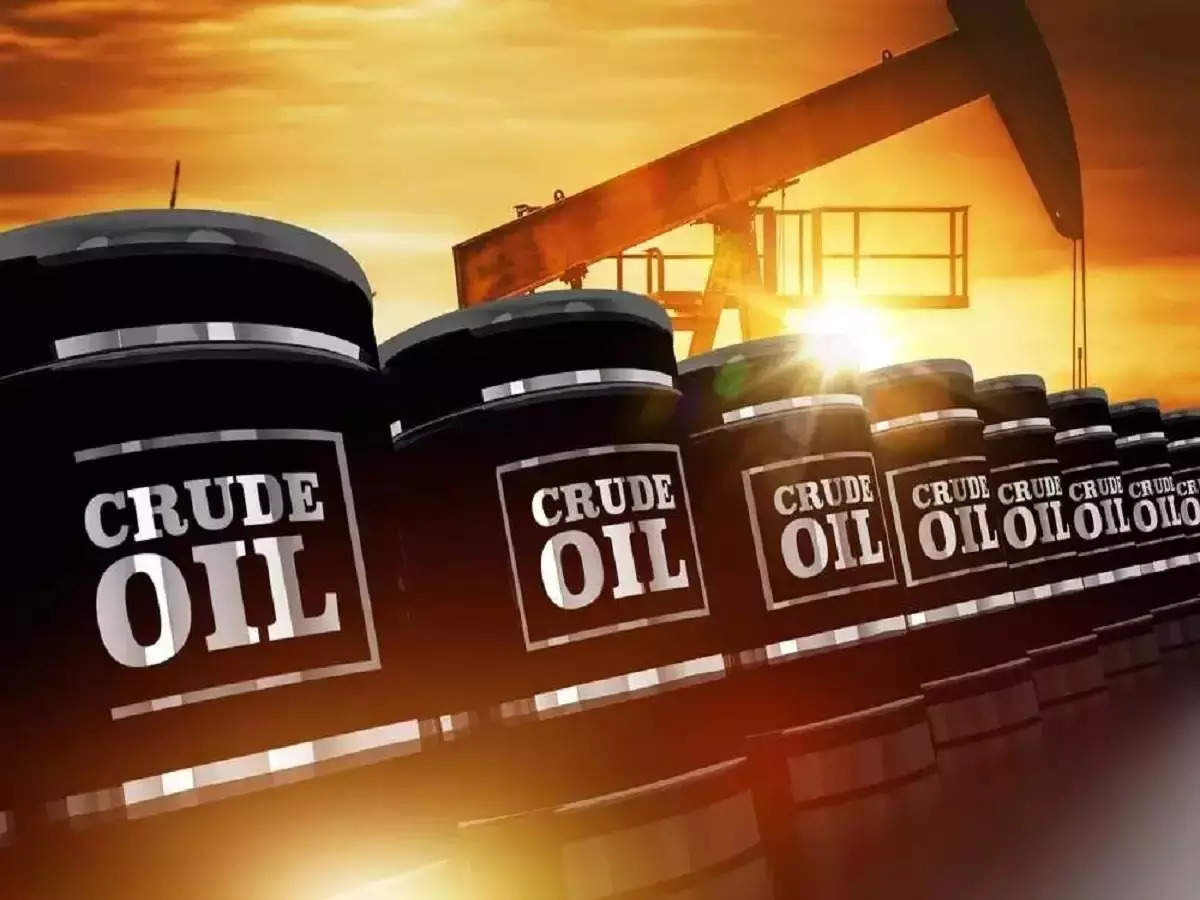Govt cuts windfall tax on fuel export, domestic crude oil

The government on Wednesday scrapped a three-week-old tax on the export of petrol and cut windfall taxes on overseas shipments of diesel and ATF as well as on domestically produced crude oil after global oil prices fell.
While the Rs 6 a litre export duty on petrol was scrapped, the tax on the export of diesel and jet fuel (ATF) was cut by Rs 2 per litre each to Rs 11 and Rs 4 respectively, government notifications showed.
The tax on domestically produced crude was also cut to Rs 17,000 per tonne from Rs 23,250, a move that will benefit state-owned Oil and Natural Gas Corporation (ONGC) and Vedanta Ltd.

Also, correcting the anomaly that crept in when the windfall taxes were slapped on July 1, the government exempted fuel exports from refineries located in export-focused zones from the levies.
The move will benefit Reliance Industries whose exports had become uncompetitive due to the export levies that were as high as USD 26 per barrel.
Reliance was up 2.7 per cent to trade at Rs 2,507.15 on the BSE at noon. ONGC stocks also rose 4.63 per cent to Rs 133.35, while Vedanta was up 8.36 per cent at Rs 258.55.
On July 13, PTI had reported that the windfall tax review was expected following a sharp fall in global oil prices.
India imposed windfall taxes on July 1, joining a growing number of nations that taxes super normal profits of energy companies. But international oil prices have cooled since then, eroding profit margins at both oil producers and refiners.
While international crude prices slumped on concerns of a potential global recession, cracks or margins on diesel, petrol and ATF crashed.
The July 1, export duties of Rs 6 per litre on petrol and ATF translated into USD 12 per barrel, while Rs 13 a litre tax on diesel was equivalent to USD 26 a barrel. The Rs 23,250 per tonne windfall tax on domestic crude production equalled USD 40 per barrel.
Post windfall tax, the realised spread on diesel and petrol fell to near loss-making levels while the realisation on aviation fuel (ATF) and crude had also gone below 15-year averages.
The realised spread on petrol after considering USD 12 per barrel windfall tax was near a loss-making level of just USD 2 per barrel. Similarly, the diesel spread too was a meagre sum after considering the USD 26 per barrel export tax.

For oil producers, the windfall levy took away 40 per cent of their earnings. On top of it, they also paid royalty and cess.
The cut in windfall tax will benefit Reliance, which operates two oil refineries at Jamnagar in Gujarat with one focused only on exports.
At the time of imposing the windfall tax, the government had stated that the objective behind the move was to shore up domestic supplies as refiners were preferring to export than to meet the local requirements.

But an export levy on only-for-export refineries did not make sense as those units aren’t meant to supply fuel to the domestic market. And that anomaly has now been corrected.
State-owned ONGC and Oil India Ltd as well as private sector Vedanta Ltd, who account for almost all of the crude oil produced in the country, will benefit from the cut in windfall tax.
Besides Reliance, Russia’s Rosneft-backed Nayara Energy, which operates a 20 million tonnes a year refinery at Vadinar in Gujarat, will also benefit from the cut in the export levy.
The refining spread for diesel almost halved from the USD 55-60 per barrel peak seen in June to USD 30 a barrel. Similarly, ATF spreads crashed from USD 50-55 per barrel to USD 25-30. Gasoline spreads have also been slashed from USD 30-35 per barrel last month to USD 10-15.

At the same time, the Brent crude price has also cooled off by USD 15-20 per barrel in the past 2-3 weeks to about USD 100 per barrel.
When the taxes were introduced, it was estimated that they would bring over Rs 1 lakh crore additional revenue in the full year.
The windfall tax on crude production alone was estimated to generate revenue of Rs 65,600 crore and tax on export products another Rs 52,700 crore if they were to be continued for the full year.




